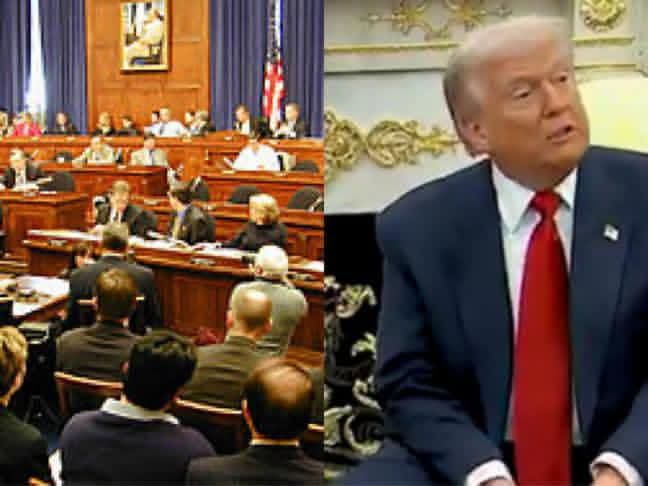CELEBRITIES
JUST IN; The Supreme Court Issues Emergency Injunction Blocking President Trump From Using a Single Dime of Taxpayer Funds to Pay ACECO’s Unpaid Demolition Balance and Compensation After the Company’s Court Victory Read full story ⤵️

In a late-night legal bombshell that’s sending shockwaves through Washington, the U.S. Supreme Court has issued an emergency injunction blocking former President Donald Trump from using any taxpayer funds to cover ACECO’s unpaid demolition balance or court-ordered compensation tied to the company’s recent legal victory.
The decision, handed down in a 6–3 ruling, effectively halts all federal payments connected to the controversial demolition project — one that critics claim was rushed, unauthorized, and politically motivated during Trump’s administration.
—
🧨 The Background
ACECO Construction Group, a major government contractor, had sued the Trump administration after being left with millions in unpaid balances following a high-profile demolition operation that allegedly took place under an emergency federal directive.
The company argued that it had fulfilled its contractual obligations, only to be “cut off” after internal audits flagged irregular fund transfers between agencies overseeing the project. A lower court sided with ACECO earlier this month, ordering the government to pay full compensation, including penalties and interest.
However, the Trump legal team swiftly moved to redirect the payment source, reportedly planning to use federal contingency funds — effectively taxpayer money — to settle the bill. That maneuver triggered immediate legal challenges from watchdog groups and congressional Democrats, accusing Trump of abusing executive authority to “bail out a private liability with public cash.”
—
⚖️ Supreme Court Steps In
Late Tuesday, the Supreme Court intervened, issuing a temporary block on the use of any federal appropriations or taxpayer funds in connection with the ACECO payout until a full hearing can be held.
Chief Justice John Roberts, writing for the majority, stated that “the redirection of public funds to satisfy private judgments constitutes a matter of urgent constitutional concern.”
In simple terms: the Court wants to make sure no presidential office—past or present—can use taxpayer dollars to clean up private legal debts.
—
💬 The Reaction
ACECO’s legal team called the injunction “an unexpected setback,” but expressed confidence that “the facts of the case remain clear and favorable.”
Trump’s spokesperson blasted the ruling as “another politically motivated attack,” claiming the funds were “legally allocated and appropriately managed under existing federal discretion.”
Meanwhile, Senate Oversight Chair Maria Cantwell (D-WA) hailed the decision as “a critical win for accountability and fiscal integrity,” vowing to open a congressional review into “the chain of financial approvals” surrounding the demolition project.
—
📉 Political Fallout
The injunction lands at a politically volatile moment, as Trump’s team faces mounting financial and legal pressures across multiple fronts. Analysts warn that this ruling could further constrain Trump’s access to liquid assets and emergency funding, complicating his ongoing court battles and campaign operations.
It also sets a powerful precedent — signaling that the Supreme Court will not tolerate executive overreach when it comes to public funds, even under emergency conditions.
—
🧾 What Happens Next
The Court has scheduled a full hearing in two weeks, where both sides will present detailed financial evidence and legal arguments regarding the fund transfers.
If the injunction becomes permanent, Trump could be personally liable for tens of millions of dollars in payments to ACECO — without touching taxpayer money.
—
Bottom line:
The Supreme Court’s emergency move isn’t just a procedural delay — it’s a constitutional line in the sand, one that could redefine the limits of presidential financial authority for years to come.











